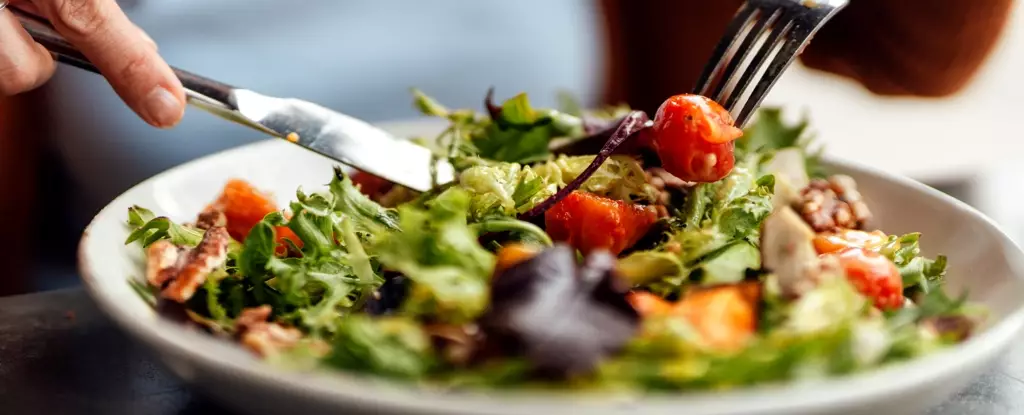Do you struggle to enjoy salads? If so, you’re not alone. Despite our awareness that vegetables are essential for our health, many of us find it difficult to incorporate them into our meals. This aversion to vegetables can be attributed to the fact that we have evolved to appreciate the taste of higher energy foods, while vegetables often lack that immediate gratification. However, it is important to recognize that vegetables are packed with dietary fiber, vitamins, minerals, and bioactive compounds that promote good health. Although these bioactives sometimes contribute to the bitter taste, they are precisely what makes vegetables beneficial for us.
Our ability to detect bitterness varies from person to person due to genetic factors. Humans possess at least 25 different receptors that detect bitterness, and our genetic combinations determine the intensity of our bitter taste perception. This implies that we all have a different starting point when it comes to interacting with vegetables. It is crucial to be patient with ourselves and understand that learning to appreciate salads and vegetables is a gradual process.
Training Our Taste Buds
Fortunately, our taste preferences can be reshaped over time. The key is repeated exposure to bitter foods, which helps our brains learn to differentiate between a potentially poisonous substance and a harmless vegetable. As we gradually modify our diet, the enzymes and proteins in our saliva adapt, altering the breakdown and detection process of different compounds by our taste buds. This mechanism operates similarly to other forms of cognitive training.
Strategies to Enhance Flavor
While training our taste buds, we can employ various strategies to make vegetables more palatable. Adding seasoning, dressings, salt, or fat can reduce the perception of bitterness, thereby enhancing the taste of salads. It is important to note that these additions should be used in moderation, and cutting back on discretionary foods that are high in salt and fat is a more effective way to improve our overall diet. Adding heat with spices like chillies or pepper can act as a distraction from bitterness. Incorporating fruits into salads can introduce sweetness and juiciness, balancing the flavors and improving the overall enjoyment of the dish. Trying different combinations and experimenting with texture can also help find the perfect salad that suits your preferences.
Overcoming Biases
Our perception of taste is often influenced by assumptions and biases. The “unhealthy-tasty intuition” phenomenon leads us to believe that healthy foods will taste bland or unpleasant, while indulgent foods will be delicious. By challenging this assumption, we can open ourselves up to the possibility of enjoying vegetables more. In fact, research has shown that when vegetables were labeled with taste-focused descriptions rather than emphasizing their health benefits, people were more likely to enjoy them.
A Journey of Patience and Acceptance
When embarking on a journey to consume more vegetables, it is essential to be patient and kind to ourselves. It takes time for our taste buds and preferences to adapt. Aligning our approach with our biological and neurological processes instead of resisting them can make the transition smoother. Finally, it is important not to judge ourselves or others based on individual salad preferences. Each of us is at a different point in our taste-training journey, and we should respect and support each other’s choices.
Salads come in a multitude of variations and combinations. If the traditional garden salad doesn’t resonate with you, there are countless alternatives to explore. From unique ingredients to different preparation methods, the options are endless. Embrace the opportunity to experiment, discover new flavors, and find your own salad loves.
Learning to enjoy salads and vegetables is a transformative journey that requires patience, understanding, and a willingness to challenge our preconceived notions. By embracing the potential of salads, we can unlock a world of health benefits and culinary delights. Let’s embark on this adventure together, one salad at a time.


Leave a Reply